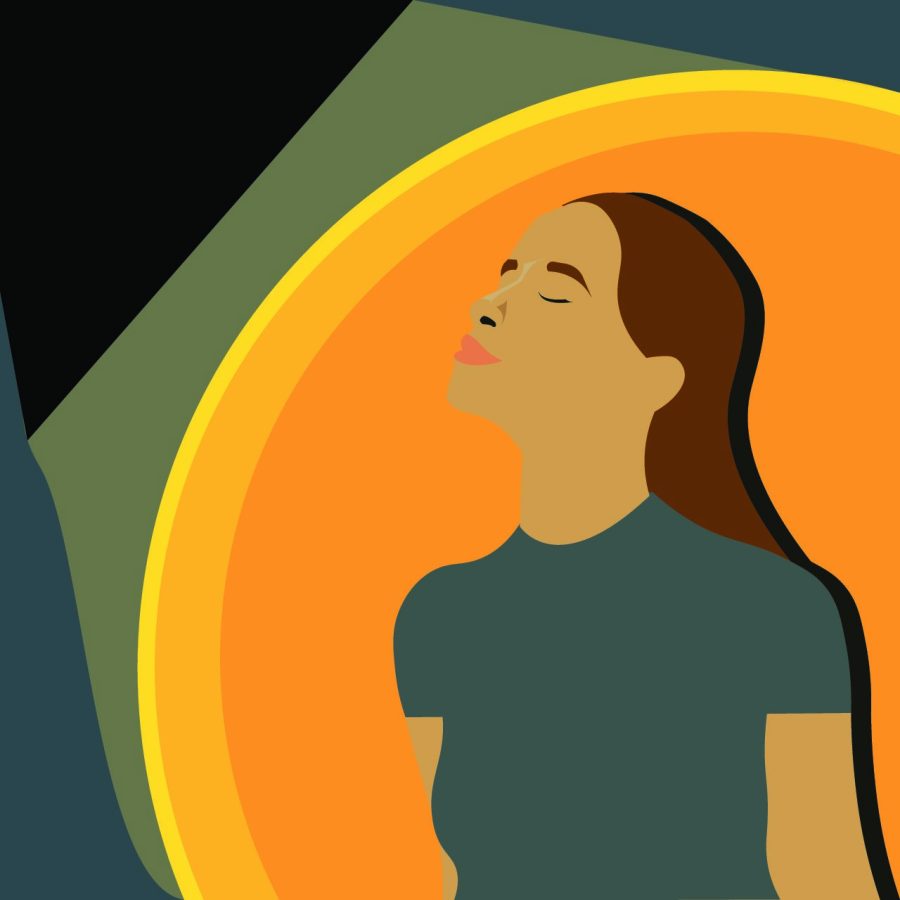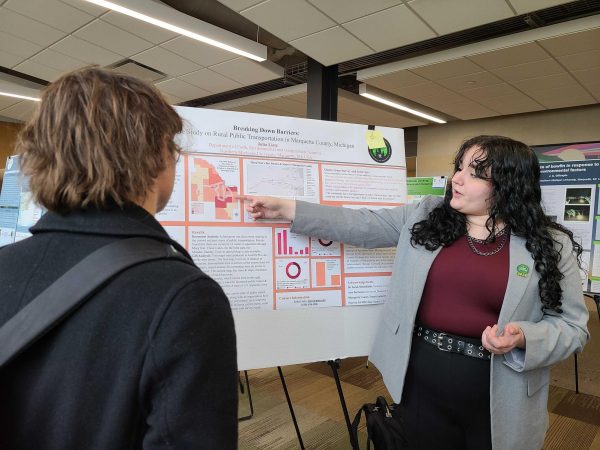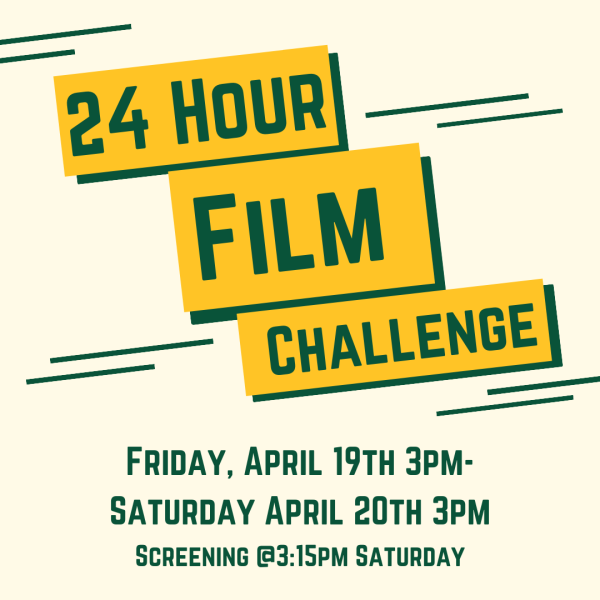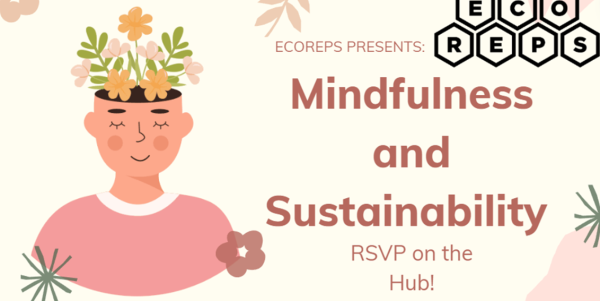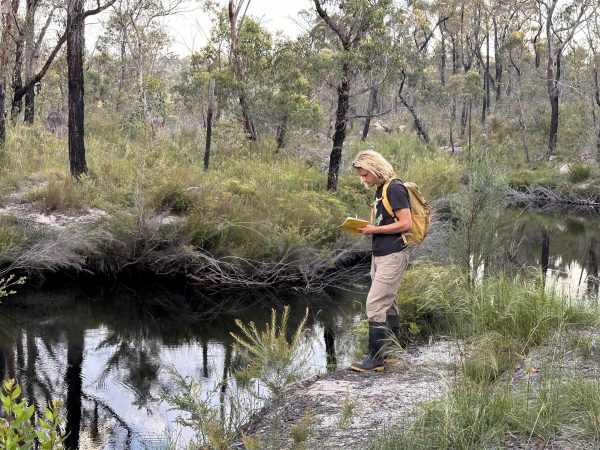How to combat seasonal affective disorder
March 23, 2022
For many, there is no doubt that living and going to school in the Upper Peninsula is an amazing experience. Mother Superior is only minutes away; you are surrounded by incredible hiking trails, beautiful sunsets and the opportunity to partake in winter sports and activities. Although the fluffy white winters are loved by many Yoopers, they do come with a downside – A lack of sunshine and shortened days.
During the U.P.’s long winters, some residents, including students at NMU, fall victim to seasonal affective disorder.
“We [U.P. residents] have a greater risk factor of developing SAD because the seasonal effects are stronger since we are farther away from the equator,” Jon Barch, an assistant professor in the psychology department, said.
SAD often develops from a biochemical imbalance in the brain that occurs when there is less sunlight absorption. It is called seasonal affective disorder because it truly happens seasonally, mostly in the winter months when the sun is not out as much. According to the American Psychiatric Association, around 5% of adults experience symptoms of SAD.
According to Barch some symptoms can include loss of interest in everyday activities, trouble getting out of bed, sleeping too much, trouble sleeping, feeling hopeless, struggling with appetite and other typical symptoms of depression. Barch also said that taking Vitamin D supplements can help offset these symptoms.
“Mental health awareness is important because mental health struggles can be so isolating,” Mia Hickey, social media coordinator for Mind Your Health, a student organization dedicated to breaking the stigmas surrounding mental health, said. “I never want anyone to feel alone in their struggle.”
One way to help combat SAD is the use of light therapy. Sun lamps – lights that mimic the sun’s brightness and stimulates people to manufacture more Vitamin D – can be found in the Lydia M. Olsen Library and on the second floor of The Science Building. These sun lamps are often called happy lamps. You can even find fairly cheap versions of these sun lamps online so you can enjoy them in the comfort of your own room.
Graduate student Lauren Rotundo says that she finds comfort in using her sun lamp when she is feeling down or even if she is just having a rough day.
“It is actually very relaxing to sit under the light with my eyes closed. It is almost a form of meditation for me,” Rotundo said. “It allows for me to have some time to myself and enjoy the light.”
Abby Moffett, a graduate student getting her master’s in psychology, swears by going out and getting fresh air and some sun to help make herself feel better.
“It is essential that students find something that they enjoy and try to filter in breaks from school and work to go do those things,” Moffett said. “For me, I like to go on hikes, take my dog for a walk or simply sit by the lake. Doing these activities forces me to get out of my house and stay active.”
Many students experience the effects of SAD and it is important to know and understand the symptoms so you can get the proper help and care. However, it is crucial to remember that you are not alone when it comes to mental health struggles.
“Seasonal affective disorder or any other mental or physical health-related problem can sometimes make people feel like you are different, or lesser, or alone. I just want to remind people just how common these types of experiences are,” Barch said. “There is no shame in seeking help for this, anytime you think you need help ask for it. Help is usually available.”
Northern has many resources that allow students in need to talk to licensed therapists during difficult times. Nick Jones, a senior majoring in marketing said that Northern’s mental health facilities really helped him get through tough times.
“I went to NMU counseling when I was having a lot of problems,” Jones said. “They got me an appointment within a few days and I was able to talk to someone that helped me walk through the issues I had.”
Besides using light therapy or psychotherapy (talking to a therapist), there are many other ways to combat SAD. Prioritizing social activities often helps people fight off the wintertime blues. According to Hickey, surrounding yourself in a positive environment with supportive people is a significantly helpful way to help with seasonal depression.
Hickey, also states that other ways to help fight off the symptoms of SAD include journaling, soaking up whatever sun you can, staying active and sticking to a schedule.
If you want to learn more about what NMU’s Mental Health facilities consist of, you can find more information by calling 906-227-2980. In addition, if you or someone you know are having thoughts about hurting themselves, the National Suicide Prevention Lifeline is 800-273-8255.





















